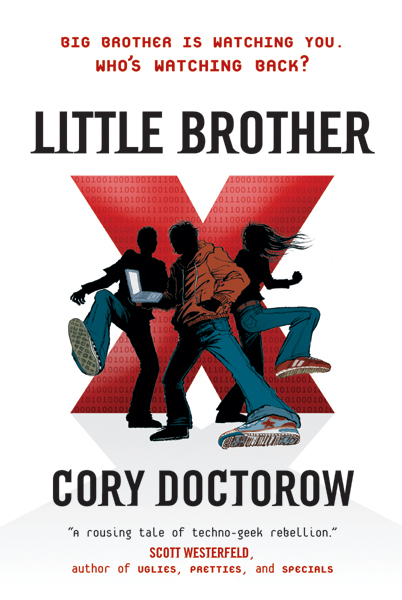Blackadder: “Well, the plan is cunning in its simplicity. Tonight I ride for home -…”
Wilfred Death: “I say strike now, while the iron is hot!”
Blackadder: “But it isn’t hot.”
Wilfred: “Isn’t it?”
Blackadder: “No, it’s just warming up. But, when it is hot, we’ll strike.”
Sean the Irish Bastard: “What? Are we gonna have to wait till summer?
Blackadder: “No, no. When the iron is hot.”
Three-Fingered Pete: “What iron?”
I don’t have an answer to this one. I’m just rambling, so if you’re looking for guidance, piss off. Well, okay, that was a bit rude, but you shouldn’t keep reading if you want to learn anything of value.
Every year for the last three years, I have contacted literary agents in hopes of landing “the bid deal.” As hundreds, perhaps thousands of other writers, I have been unsuccessful.
I’m thinking sooner or later, I’m going to have to admit that I am an acquired taste. And not an acquired taste like coffee or wine, more like that stuff your grandmother put on your nails to stop you from biting them, but you kept biting them anyway, not because you particularly like it, but because you were just that stubborn. Or maybe that was just me.
Right now, I have a reasonable offer from a small press. It comes with an advance and everything, which his better than some of my other author friends have gotten. I’ve bought stuff from the small press before, and they make a good product. There will even be some minimal marketing of the book. The only problem is the amount of the advance.
Now, I know I should be flattered to get an offer on this book, as something is better than nothing, and a lot of the books out there get nothing. However, I’ve discussed the amount with an author friend who thinks I could sell to a much larger market.
I have to admit though, I’d like to go for it. I like the idea of working with an editor, and learning how to make my work better. I like the idea of being able to go to small cons and sit on author panels. I guess I’d just have to decided is a bird in the hand worth two in the bush… A parable I always thought sounded a little bit rude.












